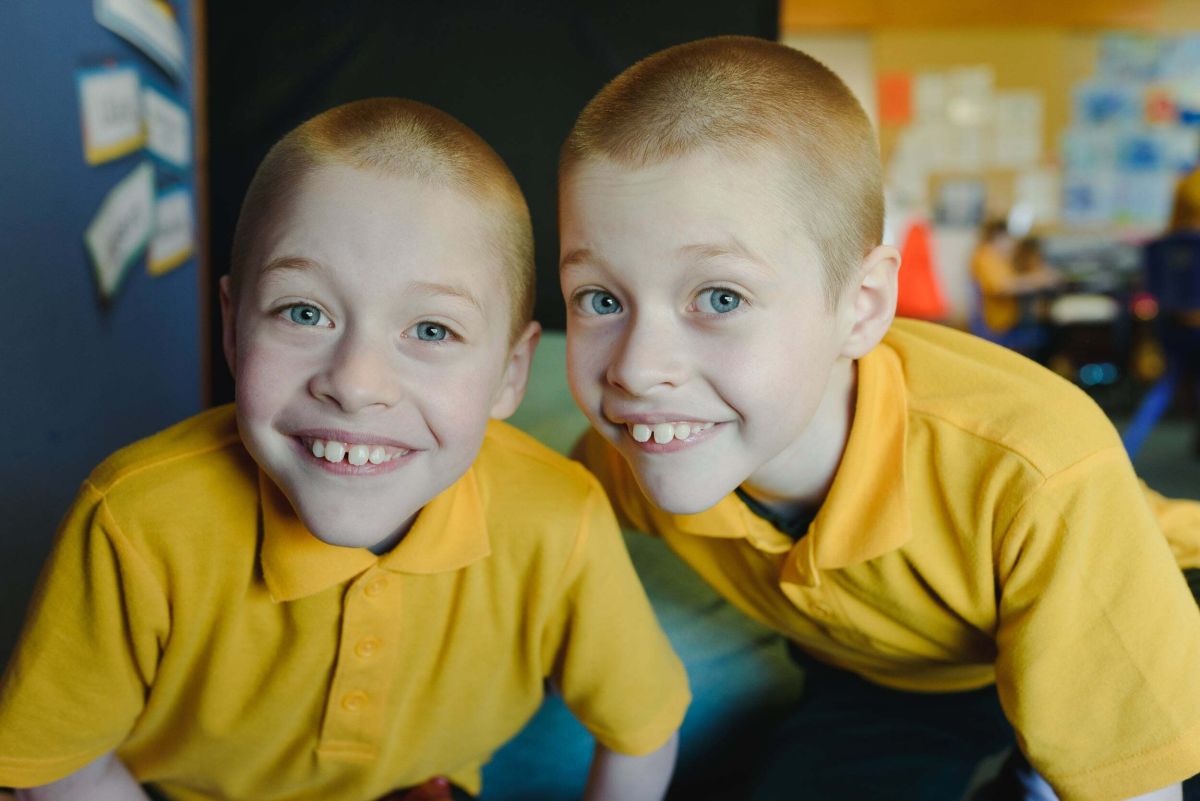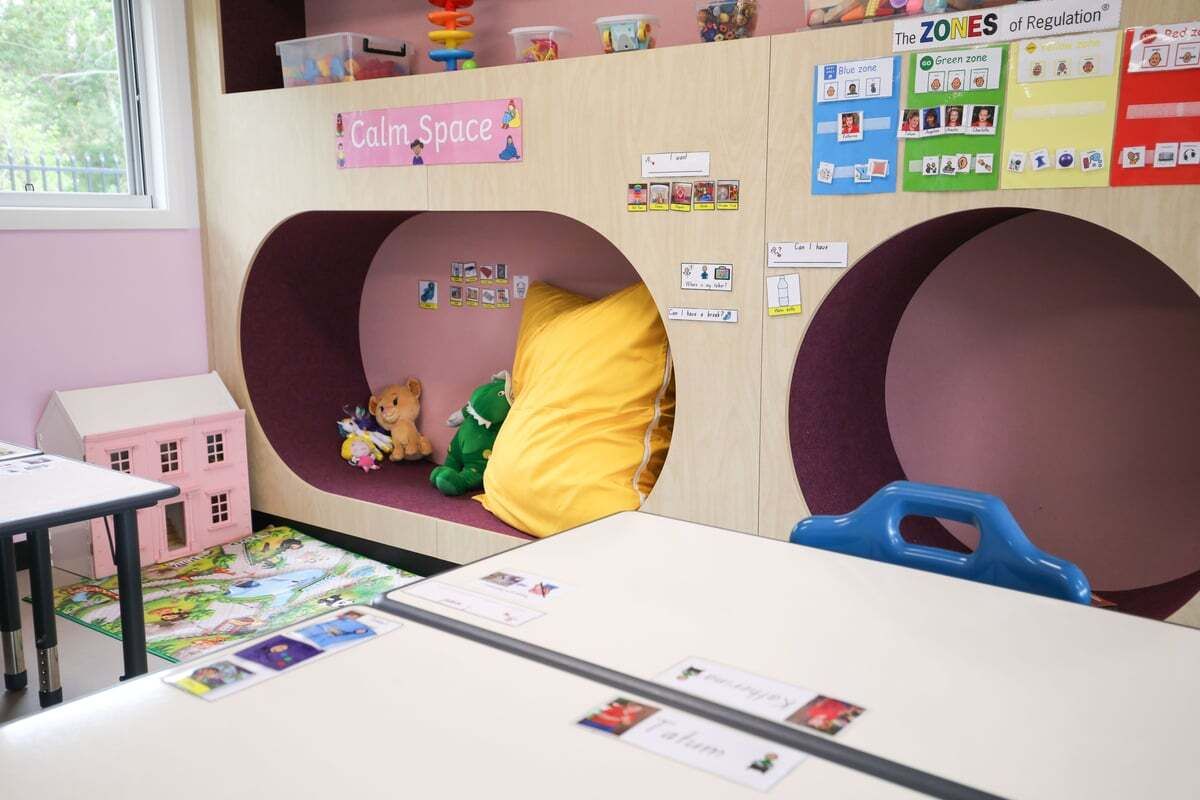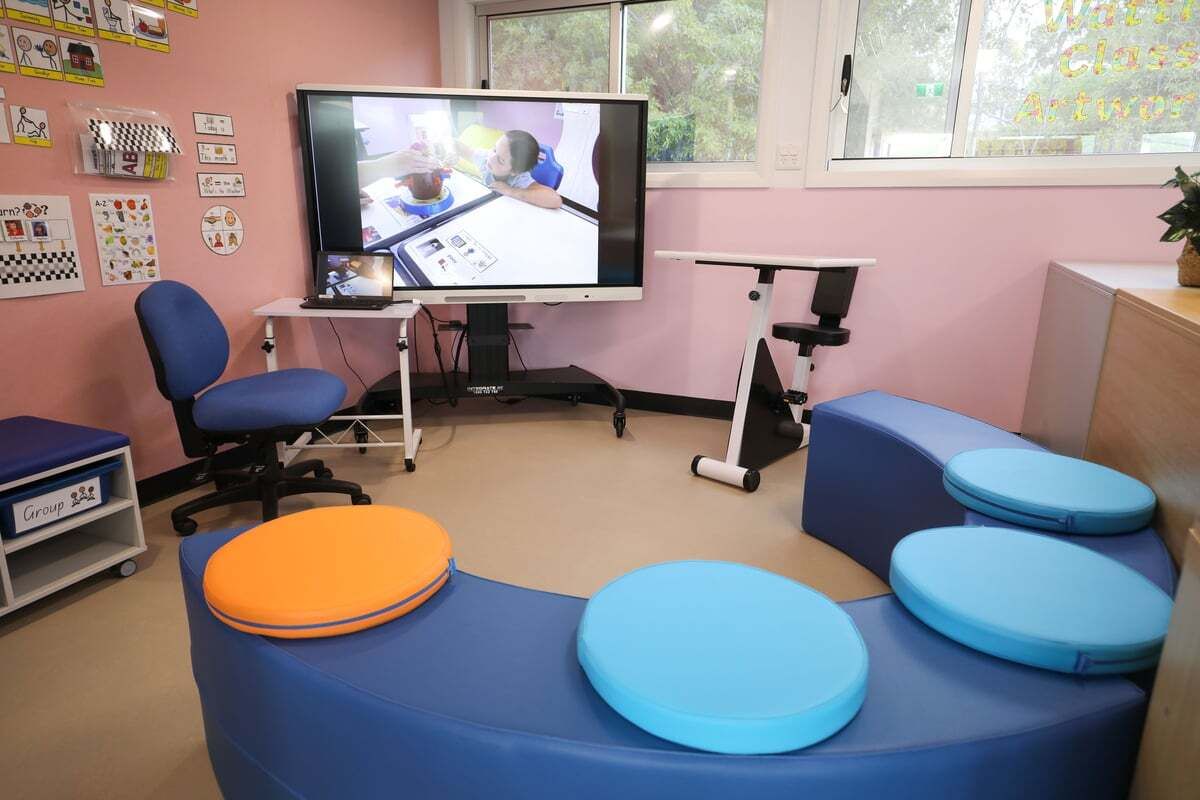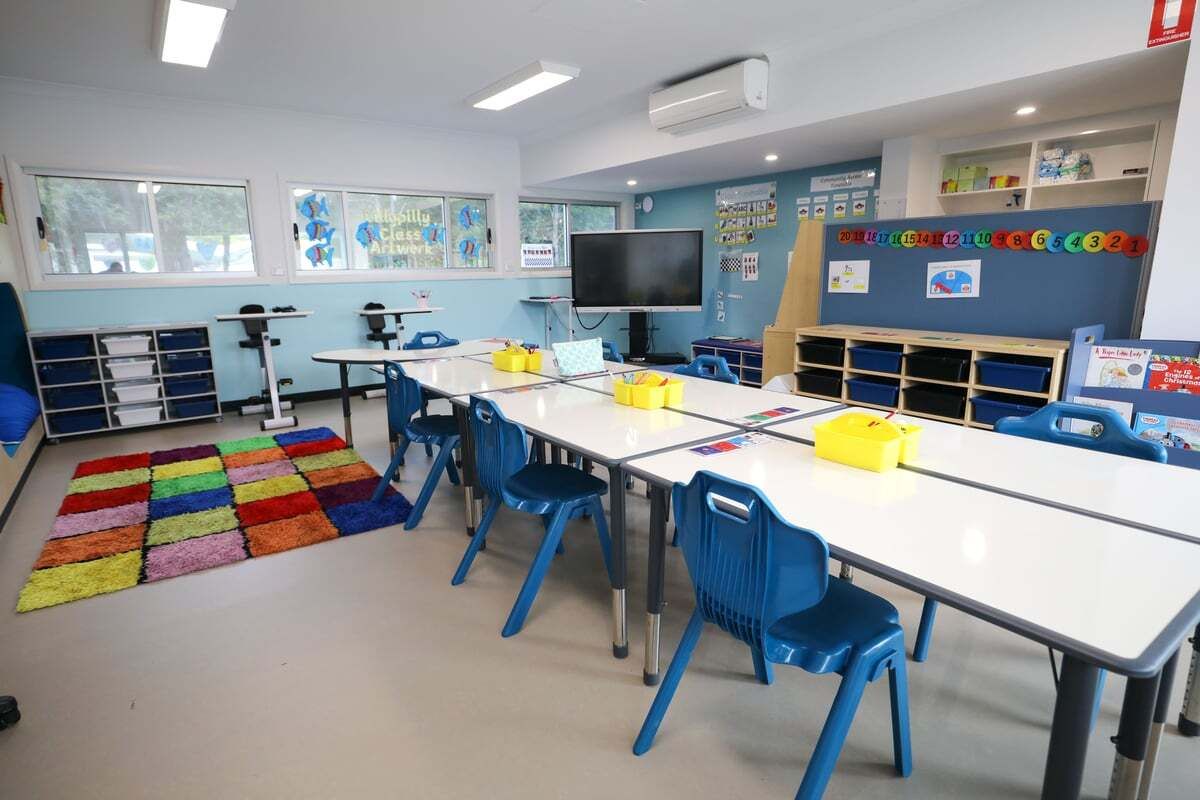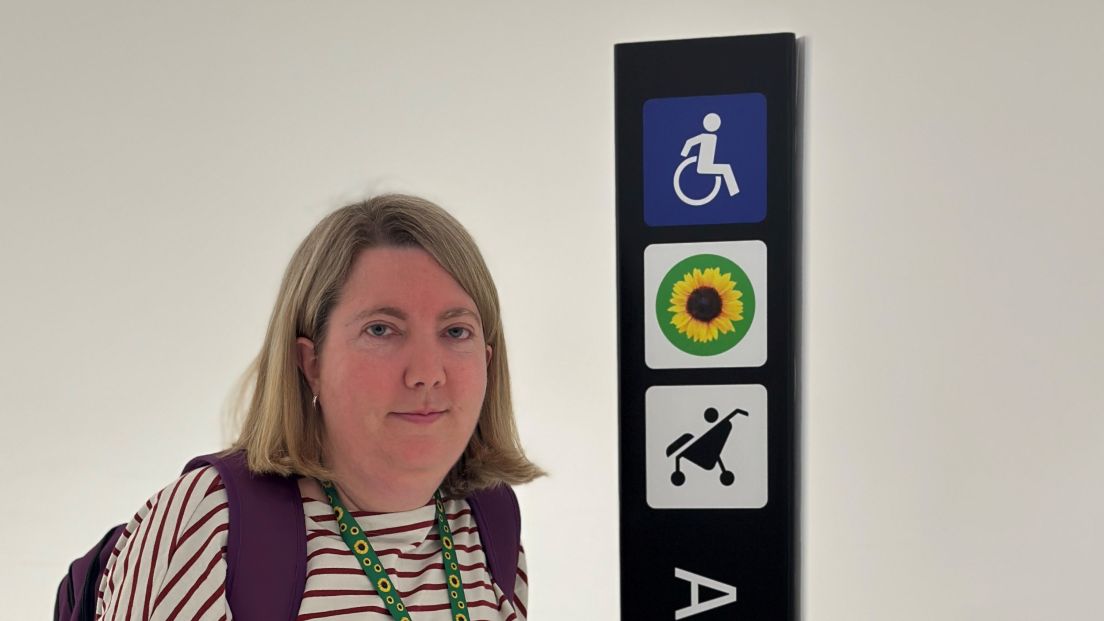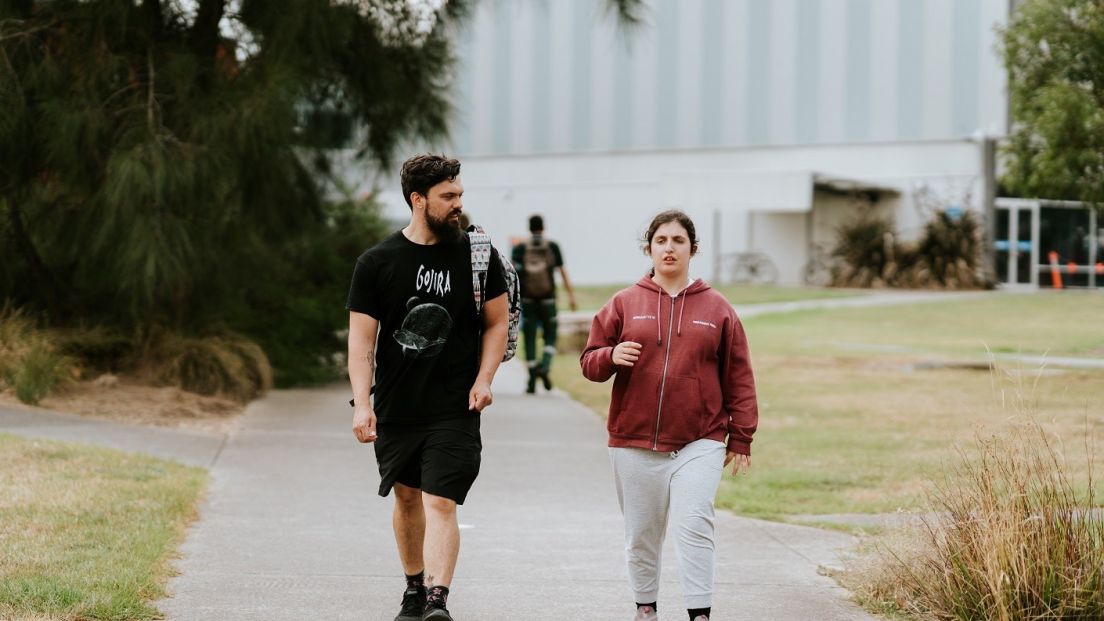Has a loud noise ever completely ruined your day? When you walk into a supermarket, do the bright lights make you want to turn around and leave empty handed? For many Autistic people, the world can be an overwhelming place, but with the right supports in place, the impact of these sensory processing difficulties on mental health and wellbeing can be significantly reduced.
What are sensory processing difficulties?
For up to 96% of Autistic people, sensory processing difficulties (also referred to as sensory processing differences) are a part of daily life. This can include sensory strengths and sensory preferences that can involve seeking pleasurable, stimulating or calming sensory activities. As well as this, people often have sensory differences ranging from hypersensitivity to odours, over-responsiveness to taste and textures of foods, touch, loud noises, bright lights and even sensitivity to bright sunlight when outside. The video below gives a fantastic insight into what sensory overload can feel like for an Autistic person.
Please note that the video has sudden loud sounds and fast moving images. We recommend watching with the sound down and with caution if needed.
While the video above explores many different examples of what can trigger sensory overload, it’s important to understand that every Autistic person is unique, each with their own constellation of strengths, interests, abilities and challenges that make them who they are. Nine-year-old brothers Jake and Kade, both on the autism spectrum, are a perfect example of this.
Jake and Kade look the same, sound the same and they both attend the same Aspect school, with the same Aspect teacher. However their sensory processing is different. Jake struggles with bright lights and has to wear special sunglasses, while Kade struggles with loud noises and needs to wear noise cancelling earmuffs.
How Aspect schools support the sensory needs of children on the autism spectrum
As the leading autism-specific educational services provider in Australia, our schools are designed to build on sensory strengths, reduce the impact of sensory processing differences, teach coping skills and give children like Jake and Kade a platform to reach their goals and improve academically, socially and emotionally. It’s vital that their educational environment is able to remove barriers to participation and provide supports tailored to each child’s unique sensory processing needs:
- Calm Space – a sheltered area of the classroom with floor cushions or beanbags that allows children who are experiencing sensory overload to take a break and relax.
- Sensory supports – Noise cancelling earmuffs, sensory swings, weighted blankets, positive sensory activities and sensory tents to help aid in sensory regulation.
- Visual Aids – Signage, visuals and pictures to assist children who struggle with communication to communicate visually.
- Sensory friendly classrooms – Relaxation areas of the classroom designed with muted colours (blues and greens) as well as high activity areas designed in stimulating colours (reds and oranges) to cater to different sensory needs, dimmable diffuse LED lighting and soft furnishings to soak up extra sounds.
How can you support a child with sensory processing difficulties?
Aspect & Positive Partnerships have collaborated to develop a, free on-line interactive Sensory Processing module for parents/carers and educators wanting to strengthen their understanding of sensory processing.
Key features include:
- Learning how to identify the unique sensory profile of an individual.
- Getting access to strategies and tools that can support individuals to manage their own sensory style and meet their sensory needs.
- Video stories from individuals and families sharing their personal sensory experiences.
Individualised plans, tailored programs and autism-specific tools and resources are the key to helping a special child in your life feel more comfortable and supported not just at school, but at home and out in the community as well.
For children like Jake and Kade, access to these supports can be the difference between a good and a bad day, between a day filled with anxiety and one of comfort and happiness. The reality however is that these autism-specific tools and resources are expensive and need to be regularly replaced. A monthly, tax-deductible donation can help ensure that children at our schools don’t miss out on the vital resources they need - it could even protect their education by providing an Aspect school sponsorship.
Every donation from our powerful community of supporters will contribute towards our goal of creating a world where no one on the autism spectrum is left behind.
